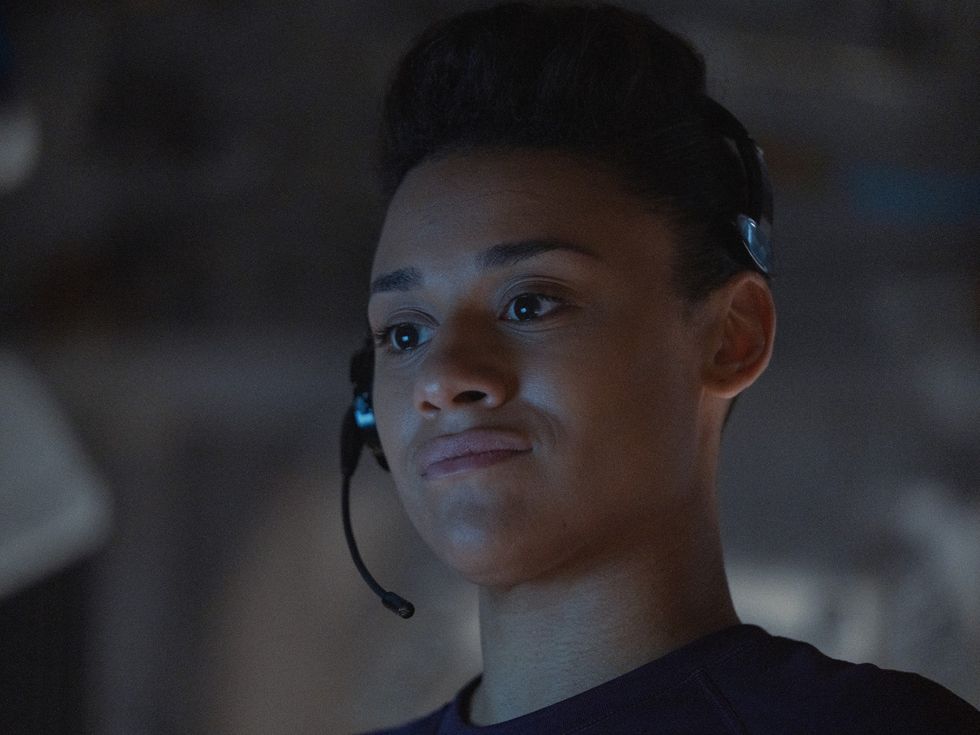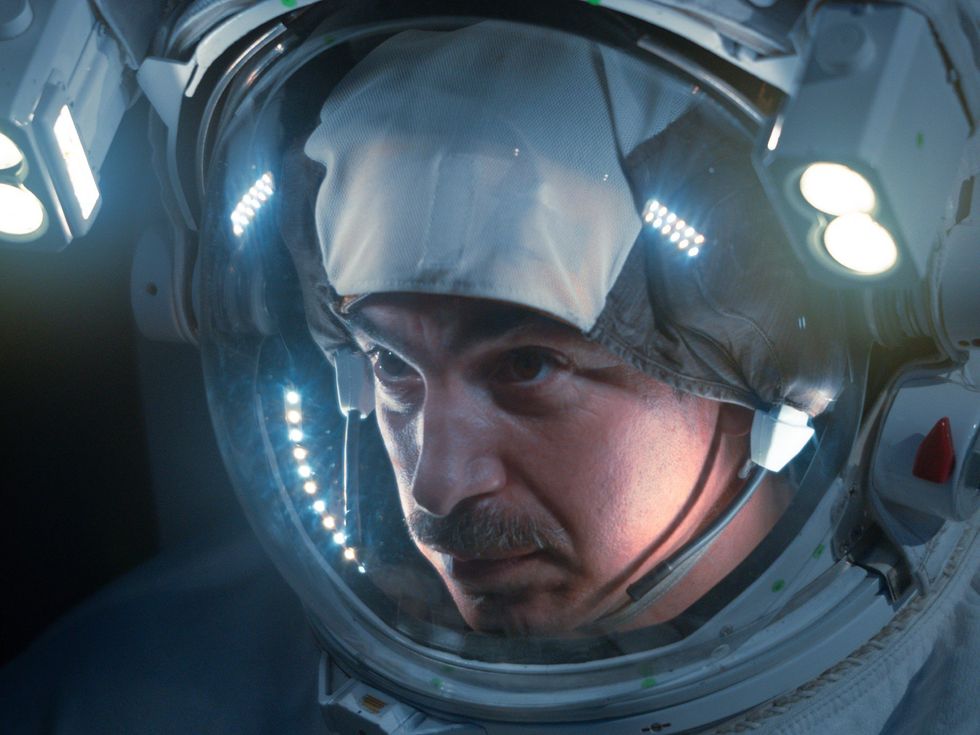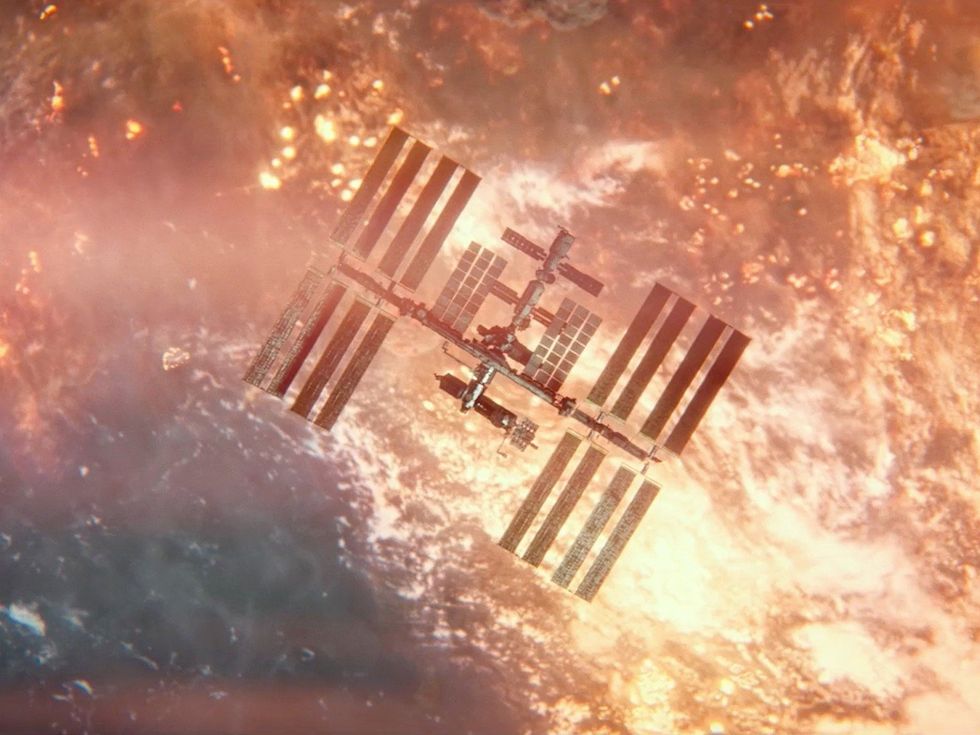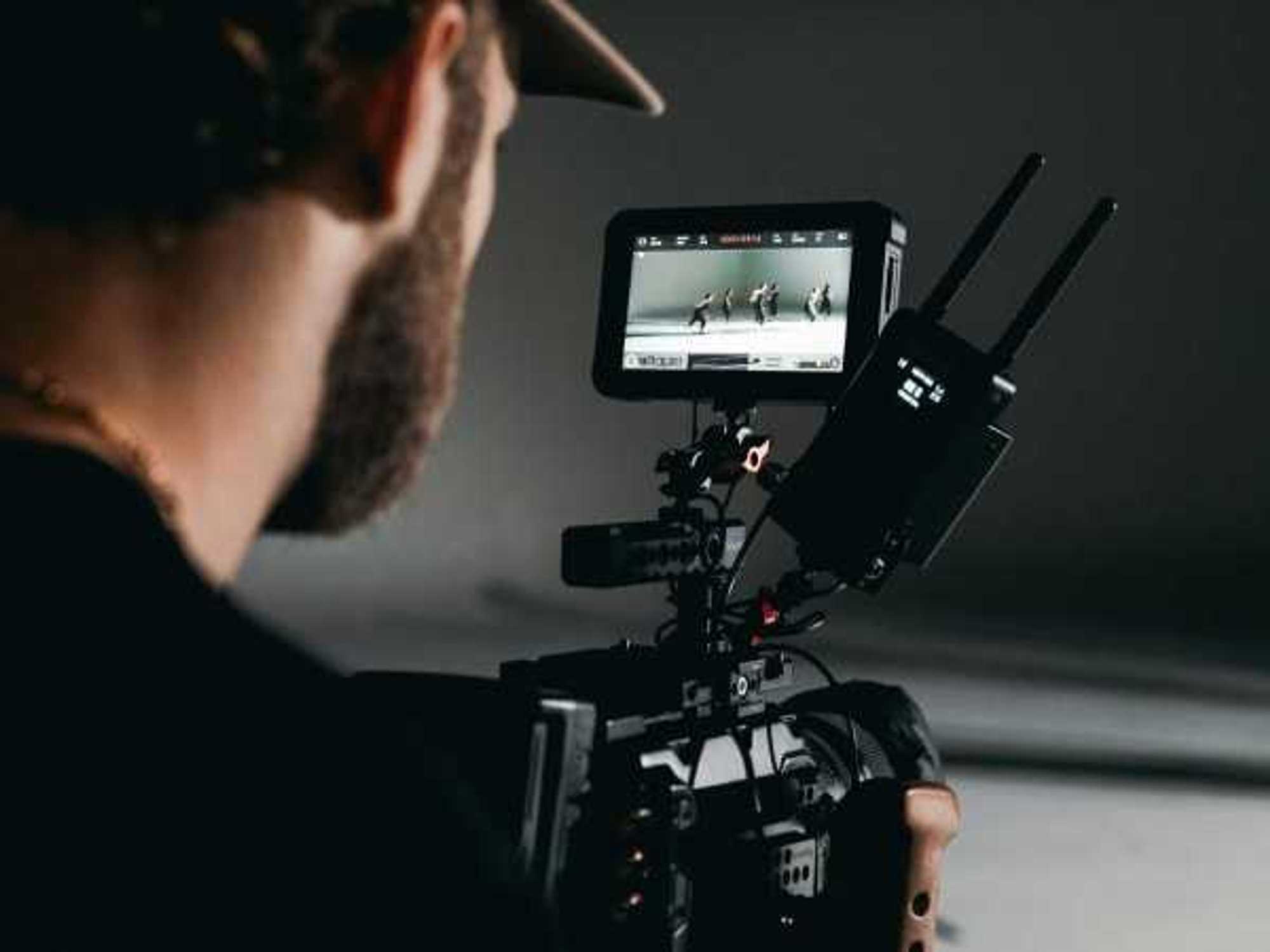war games, part ii
U.S.-Russia tensions blast off to new heights in spacey thriller I.S.S.
For years during the Cold War, Russia/the U.S.S.R. was the go-to enemy for American-made movies. Villains have diversified – for better and for worse – in movies in the 30+ years since the break-up of the Soviet Union, but Russia has still maintained its bad reputation, especially in recent years thanks to dictatorial leaders and unprovoked wars on neighbors.
The new film I.S.S. attempts to bring back that rivalry in a story that’s small in scale but large in scope. As it begins, Dr. Kira Foster (Ariana DeBose) and Christian Campbell (John Gallagher, Jr.) are just about to arrive to the International Space Station via the Russian spaceship Soyuz. They are greeted by fellow American astronaut Gordon Barrett (Chris Messina) and three Russian cosmonauts – Weronika Vetrov (Masha Mashkova), Nicholai Pulov (Costa Ronin), and Alexey Pulov (Pilou Asbæk).
The first couple of days are uneventful as the crew gets to know each other and admires the view of Earth below. But that changes when Foster notices multiple huge explosions across the United States. Barrett and Pulov both soon receive cryptic messages from their respective governments that tell them that the world is at war and they are to secure control of the I.S.S. – by any means necessary.
Directed by Gabriela Cowperthwaite and written by Nick Shafir, the film is one of those that has the potential to be a gripping thriller if done right. But the filmmakers are hampered by a variety of things, starting with their own storytelling. While they do a decent job establishing the basic personalities of each of the crewmembers, a little more time seeing what makes each of them tick might have been warranted.
It is an intriguing idea of what scientists, cooped up in the relatively small confines of the I.S.S., would do when asked to commit unthinkable acts, but the execution of it leaves a lot to be desired. Most of the time, the action seems to be moving in slow motion, and not just because of the zero gravity. You could call it tension-building except that they telegraph several of the big moments, most notably an attack during a spacewalk.
There’s also no getting around the fact that the special effects in the film are subpar, especially during that spacewalk when close-ups are used liberally. Effectively showing people moving around in zero gravity is tough, and the filmmakers probably should have scaled back their ambitions to make the film more believable as a whole.
It’s hard to fault DeBose, who won an Oscar in 2022 for West Side Story, for trying to cash in on her newfound fame, but this role doesn’t seem to fit her well. Gallagher and Messina feel similarly out of place, unable to find the right tone in their big scenes. The actors playing Russians are all fine, but since this is a film that leans toward the Americans as heroes, their performances don’t have much nuance.
Even though I.S.S. takes some unexpected twists and turns, there’s nothing that truly makes it compelling. A film like this requires an expert level in creating suspense, but the filmmakers miss the mark at several key moments, wasting a premise that might have been a winner.
---
I.S.S. opens in theaters on January 19.



